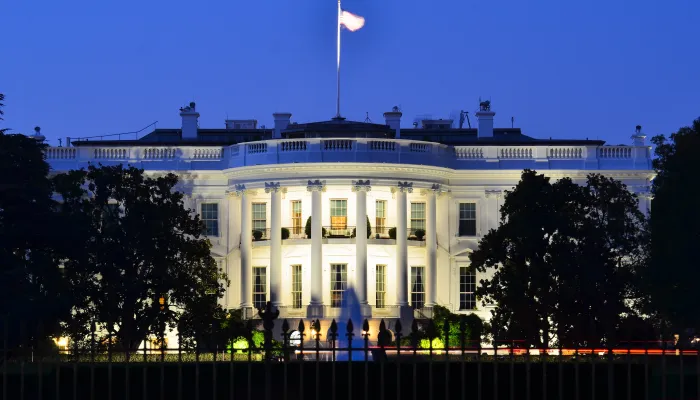Good News, Taxpayers!
Last month, we reported the positive developments that were happening with the major players--GM, Citigroup, and AIG--still left in the Troubled Asset Relief Program (TARP). In November, Citigroup had fully repaid all the assistance it had received in various TARP programs, GM had significantly reduced Treasury's ownership stake in itself, and AIG was in the process of an exit plan.
Last week, the latter development--the AIG exit plan--moved forward, resulting in the end of the "recapitalization" aspect of the plan. The plan was to have AIG repay the Federal Reserve Bank of New York for a line of credit that FRBNY had established in November 2008. As a result, Treasury would acquire two subsidiaries of AIG and it would convert its preferred shares in the company to common stock. When the smoke cleared, Treasury would own more than 1.6 billion shares of AIG, or 92 percent of the company.
This plan has now been completed, so Treasury will be able to sell off its $68 billion stake in AIG over time. Obviously, this is great news for taxpayers, after a year in which we saw CBO lower its estimate of the cost of TARP by nearly $100 billion.
We already pointed out that the better-than-projected transactions with GM and Citigroup might lower the $25 billion cost estimate made by CBO in November. The same may be the case for the AIG transactions, which they projected would cost $14 billion. CBO stated that their projections were based on market prices for AIG common stock, which were adjusted to reflect the possibility of this recapitalization not happening as expected. Since that was not the case, it is possible that Treasury will get more from their sale of common stock than CBO estimated. (As a sidenote, the current market price for a share of AIG stock is running in the $40s, WAY WAY below the pre-crisis peak of near $1,500).
If this turns out to be the case, we may see yet another downward revision of the cost of TARP next week in CBO's Budget Outlook.


